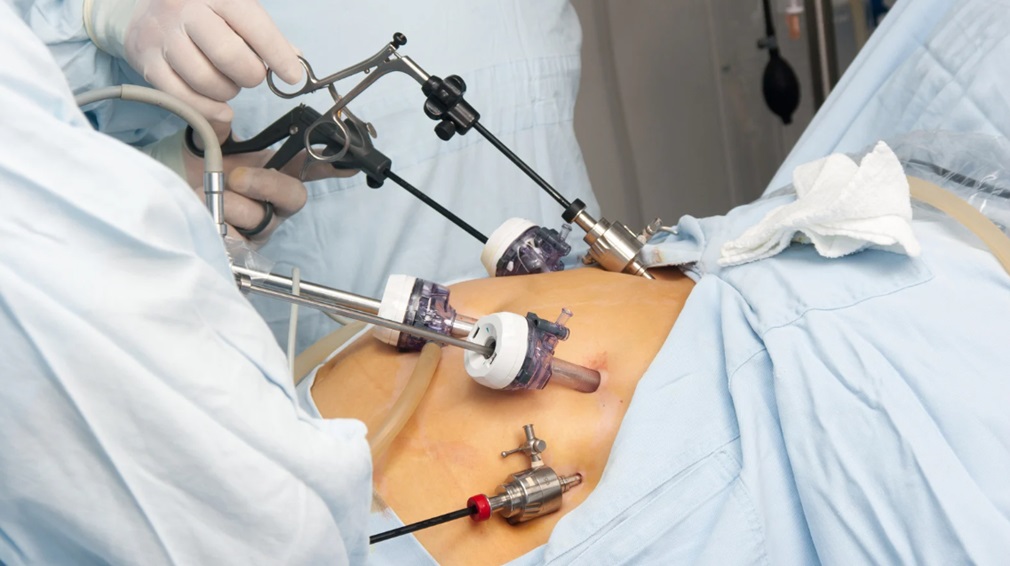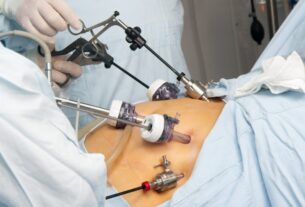Undergoing gastric sleeve surgery is a life-changing decision that can help put you on a path toward better health and improved quality of life. From the initial consultation to post-operative recovery, each phase of the process is carefully designed for your safety and success. If you’re considering gastric sleeve surgery in NYC, understanding what to expect can ease any concerns and help you feel more prepared.
The Initial Consultation
The first step in your gastric sleeve surgery journey is a detailed consultation with your surgeon. During this visit, you’ll discuss your medical history, weight-loss goals, and any concerns you may have. The surgeon will also evaluate whether gastric sleeve surgery is the right solution for you and explain the necessary pre-operative steps. At this stage, feel free to ask questions so you can make an informed decision.
Preparing for Surgery
Once you’ve decided to move forward, preparation for surgery begins. This phase often includes dietary changes, routine medical evaluations, and detailed instructions from your care team. It’s crucial to follow a guide to the gastric sleeve pre-op diet to ensure your body is ready for surgery. This diet typically focuses on reducing liver size and clearing out excess fat to make the procedure safer and more effective. Adherence to pre-op guidelines significantly impacts your surgery’s outcome.
The Surgery Process
Gastric sleeve surgery, also known as sleeve gastrectomy, is performed laparoscopically under general anesthesia. During the procedure, around 75-80% of the stomach is removed, leaving a smaller, sleeve-shaped stomach. This limits the amount of food you can consume and helps regulate hunger hormones. The surgery typically takes about one to two hours, depending on individual circumstances.
Post-Surgery Recovery
Once the surgery is complete, the recovery process begins. You’ll stay in the hospital for one to two days for monitoring and will gradually transition to a liquid diet before incorporating soft foods. Walking and light movement after the procedure are encouraged to promote healing and prevent complications like blood clots.
Managing the Side Effects
It is common to experience some fatigue and weakness in the weeks after surgery. Knowing how to beat weakness after gastric sleeve bariatric surgery can help you stay on track during recovery. Small, protein-rich meals, hydration, and staying active, as recommended by your surgeon, are crucial for regaining energy.
Adjusting to Your New Lifestyle
Adapting to life after gastric sleeve surgery requires commitment and patience. Over time, you’ll work closely with your healthcare team to develop a sustainable eating plan and exercise routine. Follow-up appointments will track your progress, addressing any concerns that arise and ensuring you’re meeting weight-loss milestones.
It’s important to remember that gastric sleeve surgery is a tool to aid weight loss, not a standalone solution. Long-term success relies heavily on lifestyle changes and active participation in your health and wellness goals.
Conclusion
Your gastric sleeve surgery journey is an opportunity to transform both your body and health. By understanding each phase—from consultation to recovery and beyond—you can feel confident in your decision and motivated to embrace the changes ahead. Trust your medical team, adhere to their guidance, and take each step with determination. Your path to a healthier you is just beginning!





